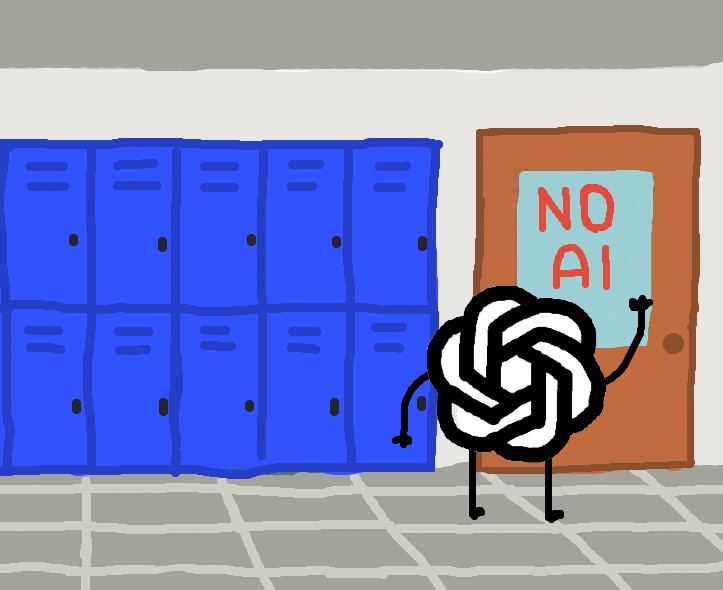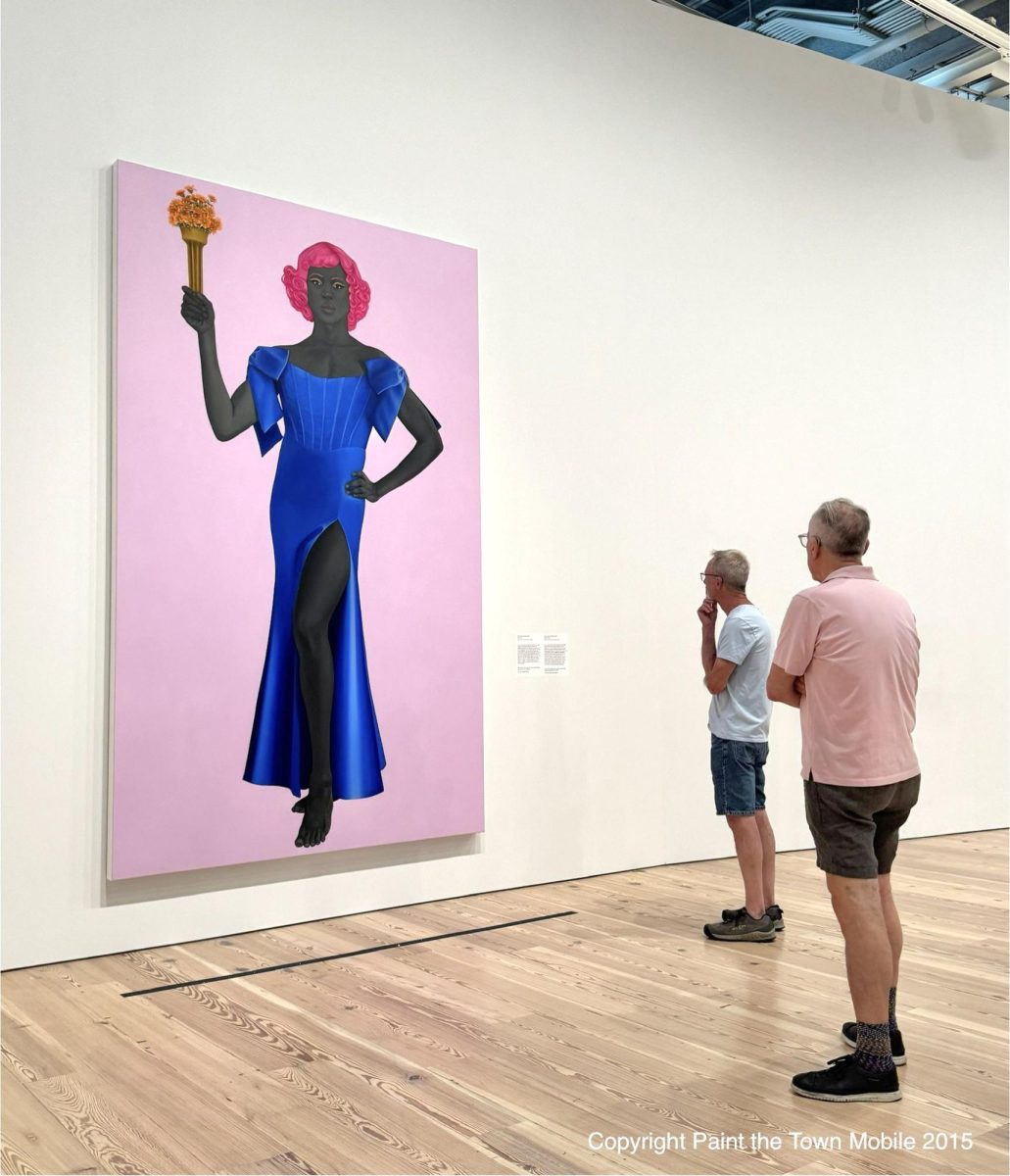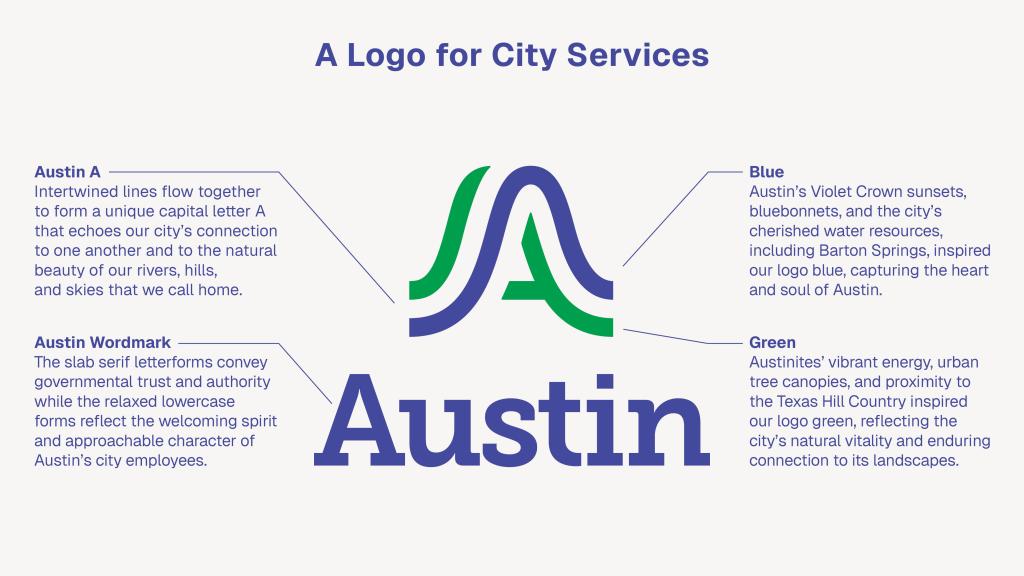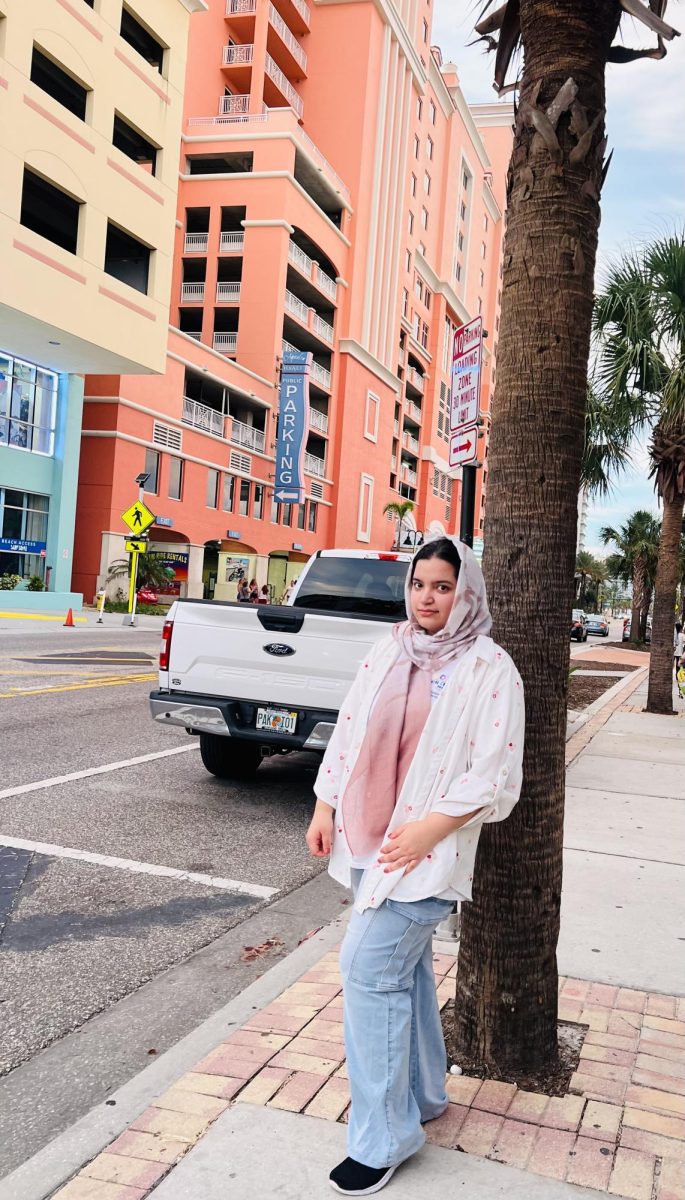Americans must confront their own inaction to combat ignorance
Early in September Libertarian presidential nominee Gary Johnson received a considerable amount of media coverage, although not for the reason he had hoped. On Sept. 8, Johnson appeared as a guest on MSNBC’s Morning Joe, where he was interviewed by political correspondent Mike Barnicle. Barnicle asked Johnson what he would do “about Aleppo” if he were elected president. Johnson’s response quickly reached headlines: “What is Aleppo?”
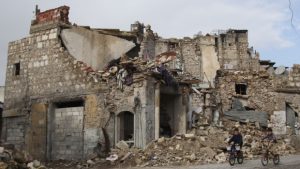
Aleppo is one of the oldest continuously inhabited cities in the world. It has three private universities, hundreds of historic buildings and religious sites and a climate that supports little pistachio tree farms. Aleppo is also the most populated city in Syria— but the numbers are changing. Since 2012, more than 4,000 people in the city have been reported missing. More than 10,000 more have been pronounced dead. Snipers crouch in the windows of bombed-out buildings. Rescue crews pick over ruins at their own risk, trying to find survivors like Omran Daqneesh, a 5-year-old boy who was pulled from the rubble on Aug. 17 and became a viral hit as a face of Syria’s suffering.
Gary Johnson doesn’t know Aleppo, but before condemning his ignorance, we must confront our own. The American public, with a looming election and shortening attention spans, doesn’t know Aleppo. We may have seen it on the news, but many of us haven’t set aside a piece of our heart for the people there. Syrians live in what seems to us like another world, with skies of smoke and streets that have been bombed until they resemble the surface of the moon. The pain of losing a home to war is not something many of us can comprehend, so it is easy to dismiss Aleppo as an unfortunate, albeit far off, reality which cannot be helped.
Aleppo isn’t Paris, it isn’t Brussels; Facebook doesn’t make filters to put on our profiles for each car bomb, for each boat of refugees lost in the Mediterranean. When news of such things blinks up at us from our phones we read a paragraph, then turn it off, put it away. Perhaps you started to read what I’ve written here and then saw ‘Syria’ and some unconscious feeling told you to turn it off, to put it away. Don’t.
The news that scrolls across our televisions may not tell you what is happening on the Syrian front, and if it does, it will be in between hour long reports on Hillary Clinton’s cough or the empty seats at Donald Trump’s rallies. Gary Johnson, like any efficient politician, focuses on the issues that matter to people. Why, then, would he be unclear as to what Aleppo is? We can point the blame at lopsided coverage by mainstream media outlets, but like politicians, the media has learned to give the people what they want— what we want.
Human as we are, there is only so much we can do to bring about change. We must accept the things that are beyond our control while continuing to fight to make a difference with the time we have. This balance is delicate and crucial. For each life cut short in Aleppo, there are thousands more who could be saved, from the Bangladeshi factory workers to the children of Honduras, from the huddled refugees in Greece to the homeless camps in every major American city. Our world is overrun with tragedies, but tied to each sorrow is a name. This name belongs to a face, and that face has a story, which might not be so different from your own. If each of us set aside a little bit of ourselves to listen to the stories of downtrodden people, perhaps Aleppo can be safe for students to attend its universities and for little pistachio trees to take root.


